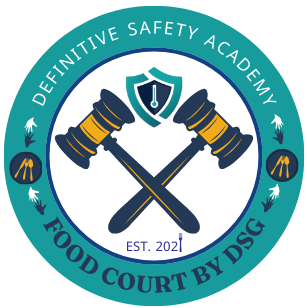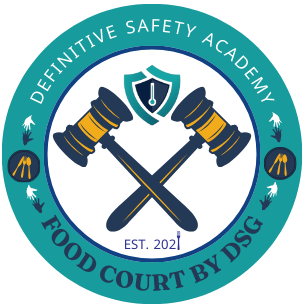What Happened ?
The recall applies to baby food pouches marked with a best-by date of November 1, 2025. These products were sold across eight states where Publix operates. In an abundance of caution, the retailer has pulled all potentially affected items from its shelves. Customers are urged to check their purchases and return any affected product for a full refund.
Although the level of lead found hasn’t led to reported health cases yet, the potential risk is enough to prompt serious concern—especially given the long-term health consequences of lead exposure in infants and toddlers.
Why Is Lead in Baby Food So Dangerous?
How Does Lead Get into Baby Food?
What Can Parents Do?
Final Thoughts: Safety Starts with Awareness
Contact Us
admin@thefoodcourtdsg.com
-
Get in Touch
-
5065 Deer Valley Rd, Ste 114 Antioch, California 94531
-
(925) 237-9095
admin@thefoodcourtdsg.com
-
Quick links
-
Home
-
About Us
-
Affiliate Program
-
Blog
-
Podcast
-
Top Courses
-
Elevating Food Safety Standards Globally

